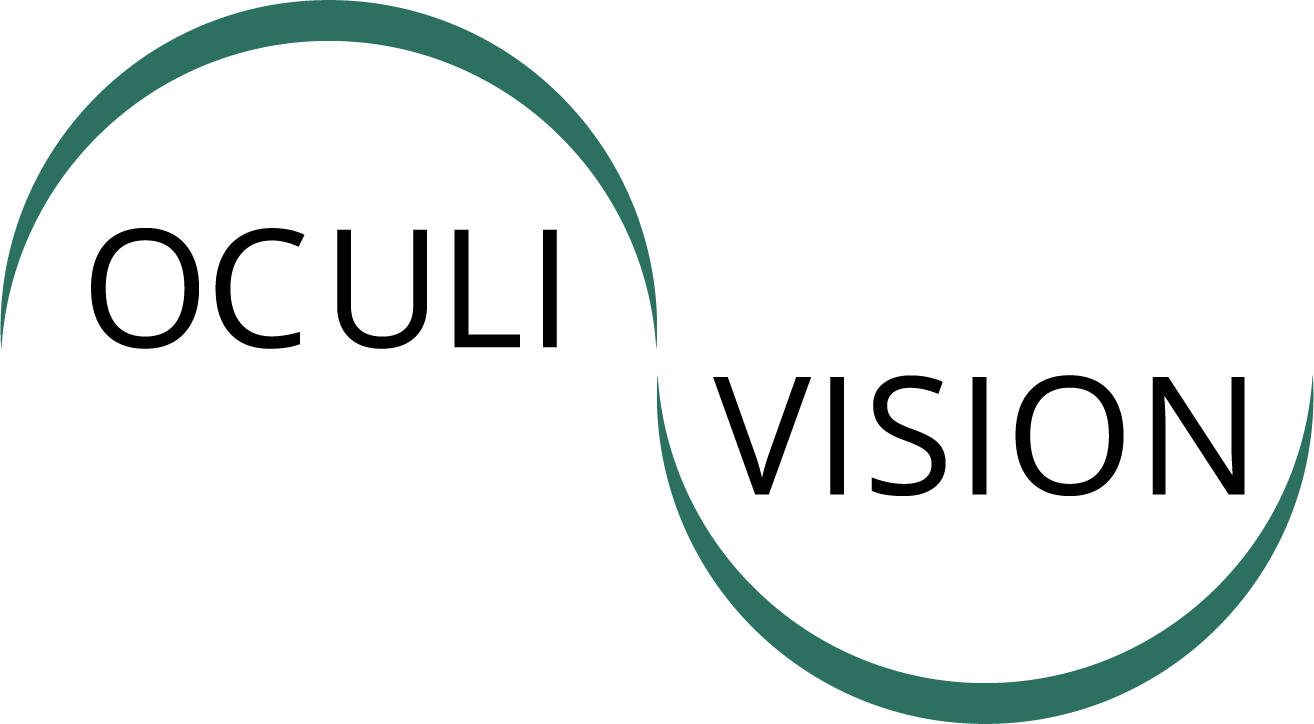Eyeglasses and contact lenses are classified by the FDA as medical devices. Therefore, in order to buy and wear either, a doctor must recommend a specific treatment according to the needs of their individual patient. As with any prescribed medical therapy, eyeglass and contact lens treatments will eventually expire. While the exact timeline varies depending on local laws, most are valid for no longer than two years. However, significant health changes or vision problems may warrant more frequent exams and adjustments, but we generally recommend getting a full eye exam at least once annually. Consider the following if you’re unsure about exactly how long your prescription is valid.
State and Federal Laws
According to Nebraska State Law, eyeglass and contact lens prescriptions are valid for a period of twelve months, or as otherwise indicated by a licensed physician or optometrist. Once expired, though, a doctor may choose to extend the treatment without further examination. U.S. Federal Law also applies, and the Fairness to Contact Lens Consumers Act (FCLCA) states that expiration shall occur according to state law where the exam was conducted and the prescription was written. Unless a specific medical condition warrants additional screening, expiration shall not occur less than one year following the completion of an eye exam and lens fitting.
Do I Need a New Prescription?
It’s a popular misconception that corrective lenses remain applicable for many years. While this is true in rare cases, it’s far more common for an individual’s vision to noticeably change over time. Even the slightest error in assessment can cause eye strain and headaches if not caught and corrected in a timely manner. There are many signs to watch for which indicate a need to update your prescription. For example, if you’re experiencing redness, dry eyes, discomfort, or headaches, especially around the eyes, you are likely straining to focus. Also, squinting and blurry vision are clear signs that your assessment is no longer current. These symptoms may arise gradually, so be sure to take note if it becomes difficult to read or see distant objects easily. If your health or vision has changed noticeably, make an appointment to get your eyes checked, regardless of the expiration date of your prescription.
Even if you’re not experiencing any of these symptoms, it’s important to schedule regular exams with your physician or optometrist. They will assess the overall quality of your eyesight and test for cancer, lupus, glaucoma, diabetes, cataracts, macular degeneration, and other major disorders. Additionally, no corrective lens will last forever. Normal wear and tear can affect the degree of correction offered by your glasses or contact lenses, especially if they’re exposed to harsh environments.
What to Do When Your Prescription Expires
Because corrective lenses are considered medical devices, it is illegal for vendors to sell them to anyone without a valid prescription. Never try to buy replacements without a physician’s current assessment, and steer clear of any retailer willing to overlook this detail. Reputable merchants won’t even consider allowing you to purchase glasses or contacts without a valid prescription. Schedule an appointment with your physician or eye doctor to update your prescription, ideally before it expires. If you simply need to extend your current treatment, it may be possible to conduct a brief exam online or over the phone.
It may be tempting to ignore the expiration date of your corrective lenses. Resist this urge by planning regular eye exams with your trusted optometrist at least once a year, even if you haven’t experienced changes in vision. To learn more about eyeglasses, contact lenses, and prescription expiration dates, we encourage you to give us a call or contact us online. We’d be honored to help give you the peace of mind you deserve.

